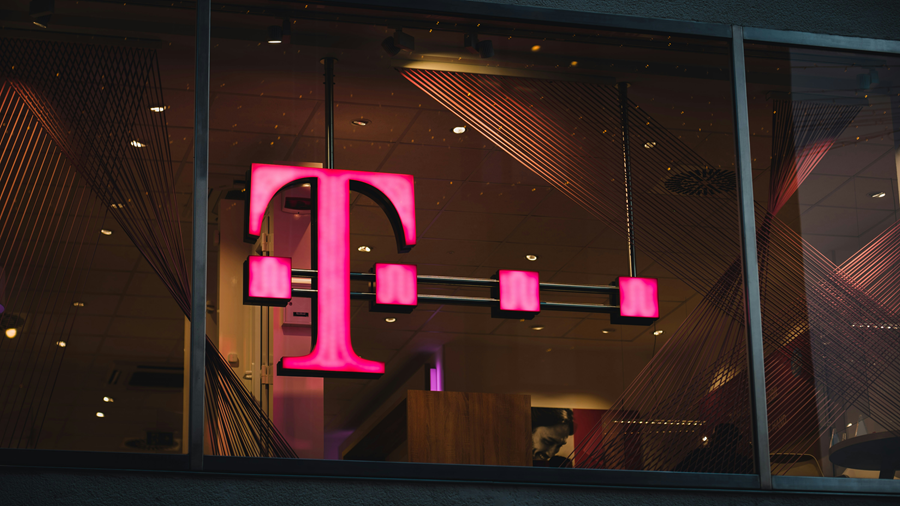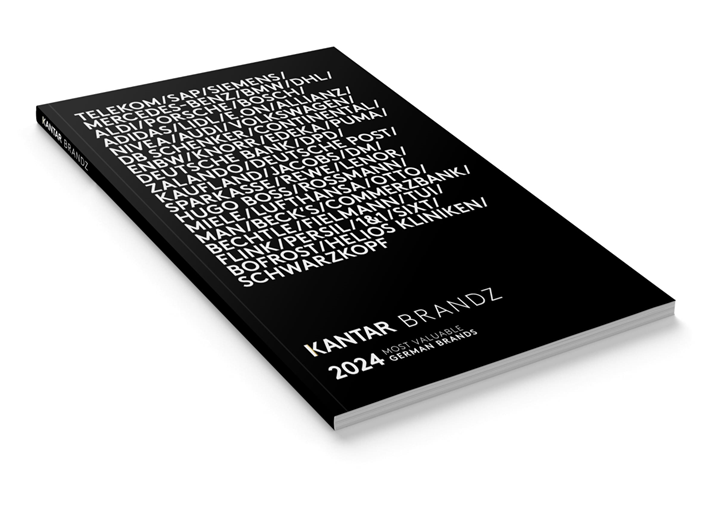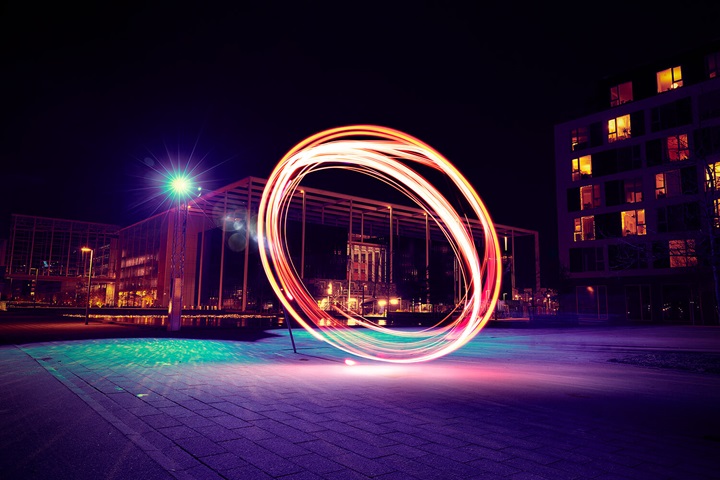SAP has kept its prominent position at No.2, also rising by 9% year-on-year with a brand value of $51.5bn. The world's third-largest software company demonstrated resilience after a challenging year and was driven by its brand strength, particularly in the US. Consumer interest in SAP and positive brand perception have risen, evident from its Demand Power score – a Kantar BrandZ measure of the ability to drive predisposition to buy – which has soared from 92 to 107. Siemens (No.3; $28.2bn) is the fastest-rising brand in the ranking. Its brand value surged by 34%, driven by outstanding business performance and a commitment to enduring qualities like reliability and an unwavering pursuit of perfection.
The total value of the Kantar BrandZ German Top 50 has reached a staggering $407bn, marking an impressive 9% rise in overall brand value year-on-year, and a 21% rise since 2020. As the ranking continues to demonstrate sustained growth, each brand has increased its value by an average of 2.3% or $528 million, outperforming the Global Top 100 Most Valuable Brands and other notable BrandZ rankings, including China, India, Japan and the UK.
There is one re-entrant and one newcomer to the ranking: Commerzbank (No.40; $1.4bn) has returned, driven by its strong commercial performance, while the on-demand D2C delivery service Flink (No.44; $1.3bn) enters for the first time.
Brands from Germany's renowned Automotive sector achieved an impressive 11% growth in total brand value, now standing at $82.4bn. Comprising seven brands, this sector contributes 20% of the ranking’s total brand value. The sector is experiencing a significant transformation, with the shift to e-mobility being challenged by high prices, and consumer demand that has fallen below expectations.
Mercedes-Benz (No.4; $23.6bn) and BMW (No.5; $23.3bn) stand out, each boasting a brand value surpassing $23bn. BMW grew its value (+4%), through offering a lineup of new models featuring both electric and conventional engine options. Its commitment to high standards is evident in its designs and driving experiences, ensuring strong brand perception. Following closely, the brand value for Porsche (No.8; $16.8bn) has been restated due to its IPO in September 2022. While other car manufacturers hesitated, Porsche embraced the transition to electric vehicles early on, achieving significant success with models such as the Taycan.
Despite a slight decrease of -2%, Retail still accounts for a significant 12% of total brand value in the German BrandZ ranking, worth $48.4bn and featuring 10 brands across diverse sectors including grocery, fashion and health & beauty. Aldi (No.7; $18.3bn) is the category leader, with fellow hard discounter Lidl (No.11; $12.7bn) and Edeka (No.21; $3.1bn) following.
Despite a challenging and sluggish economy, German companies defy the odds, emerging as a robust backbone upheld by resilient iconic brands. The key to major German brands' leadership lies in their salience, but also difference which is an essential factor in strengthening a brand's ‘Pricing Power,' especially important in times of inflation. German brands excel at justifying their pricing, driven by critical success factors like exceptional brand experiences and a commitment to sustainability and inclusivity.
The Kantar BrandZ Top 10 Most Valuable German Brands 2024
| Rank 2024 | Brand | Category | Brand Value ($M USD) |
| 1 | Telekom | Telecom Providers | 73,483 |
| 2 | SAP | Business Technology & Services Platforms | 51,490 |
| 3 | Siemens | Conglomerate | 28,240 |
| 4 | Mercedes-Benz | Automotive | 23,588 |
| 5 | BMW | Automotive | 23,281 |
| 6 | DHL | Logistics | 19,793 |
| 7 | Aldi | Retail | 18,298 |
| 8 | Porsche* | Automotive | 16,750 |
| 9 | Bosch | Conglomerate | 16,246 |
| 10 | Adidas | Apparel | 14,655 |
*Brand value restated due to IPO.
Overall, 26 of the Kantar BrandZ German Top 50 have achieved an uptick in value, with growth coming primarily from larger brands. Leading brands distinguish themselves through building salience and difference and stand out in consumers' minds with distinct attributes that set them apart from competitors. German brands renowned for their Difference include Porsche, which combines advanced technology with a dynamic driving experience and HelloFresh, recognised for its unique digital marketing strategy and sustainable positioning. Brands that are increasing their salience include Persil (No.45; $1.3bn), growing 20% in brand value, and Nivea (No.14; $7.2bn), which grew 30%.
Other highlights from the Kantar BrandZ Most Valuable German Brands report include:
- The power of price. Good Pricing Power makes a difference of 27% in terms of brand value. Justifying price points with strong benefits and associations is a critical success factor for German brands and will remain important throughout 2024 and beyond.
- Eyewear company Fielmann is the most inclusive German brand, portraying its broad target group in a respectful and inclusive way, using meaningful brand communications to celebrate diversity across all consumer audiences.
- Flink is perceived by consumers as the most innovative German brand. It continues to be trusted by a young target audience, offering competitive prices and a diverse product portfolio amid market consolidation following the decline in pandemic-driven demand for delivery services.
The Kantar BrandZ Most Valuable German Brands ranking, report and extensive analysis are available now at www.kantar.com/campaigns/brandz/germany
For an overarching view of brand performance, Kantar has launched a free interactive tool powered by BrandZ’s wealth of data and Meaningful Different Salient framework. Kantar BrandSnapshot delivers intelligence on 10,000 brands in 40+ markets, offering a quick read on a brand’s performance in a category. Explore for free on Kantar Marketplace today.



